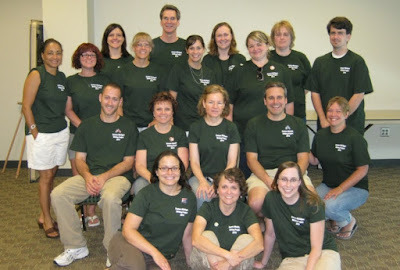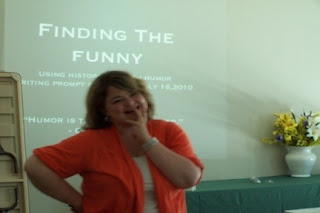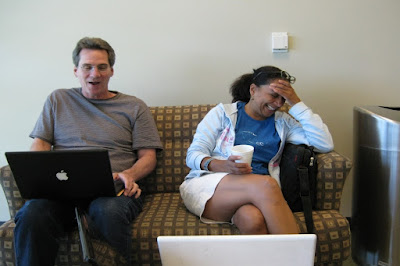Cow Toenails—What’s Writing Got to Do with Them?!?
A Bit of Serious Fun.
Jim Schaefer
I personally like to savor stories that make me laugh out loud but have a really serious meaning behind. One such story that I encountered very recently had to do with cow toenails.
The story goes like this. Robert Kegan, a scholar who has fascinating research into meaning-making, said that a mother told him a story about her preschool-age son, Johnny, who went up to her one day and said that he needed some “cow toenails.”
Since the family lived in the suburbs and not a rural area with farms nearby, the mother’s first concern was how in the world she would be able to obtain cow toenails, but she was even more intrigued by why her son needed these items.
When the mother asked Johnny about why he needed cow toenails, Johnny informed her that he was starting a farm and wanted to plant cow toenails to grow some cows.
While the mother was pleased that her cute Johnny was so inventive, she decided that since Johnny had raised the issue, it might be a good time to teach him a little about “the birds and the bees” (or, in this instance, cows).
After telling Johnny a few basic facts about reproduction, the mother said, “So you see, Johnny, that is where baby cows really come from.” Johnny, who had been listening intently, paused for a few moments and then replied, “Not on my farm!”
I read about this story in Michael Ignelzi’s chapter, “Meaning-Making in the Learning and Teaching Process,” in a book, Teaching to Promote Intellectual and Personal Maturity: Incorporating Students’ Worldviews and Identities in the Learning Process, edited by M. B. Baxter (San Francisco: Jossey-Bass, 2000).
What does writing have to do with the story about cow toenails? Because children like Johnny tend to be very honest about what they are thinking and feeling as well as what they do and don’t understand. These children often provide clear insights into truisms about how human beings function. The story about Johnny illustrates some key developmental principles, including the fact that humans write about how they actively construct their own reality during the process of meaning-making (p. 5).
The story about the cow toenails helps in two ways. First, it is funny and unusual. Second, it does get people thinking not only about the questions that children raise but also other questions in their own existence that may seem—well, awkward but interesting and a rich source for a writing topic.
Read more!




